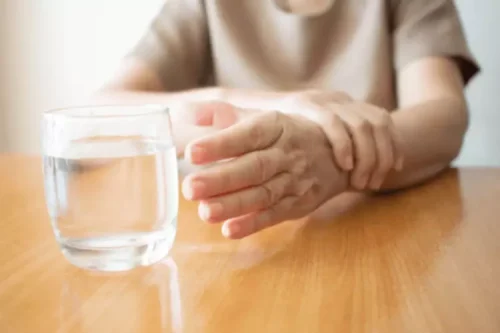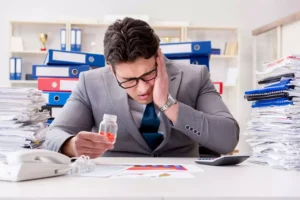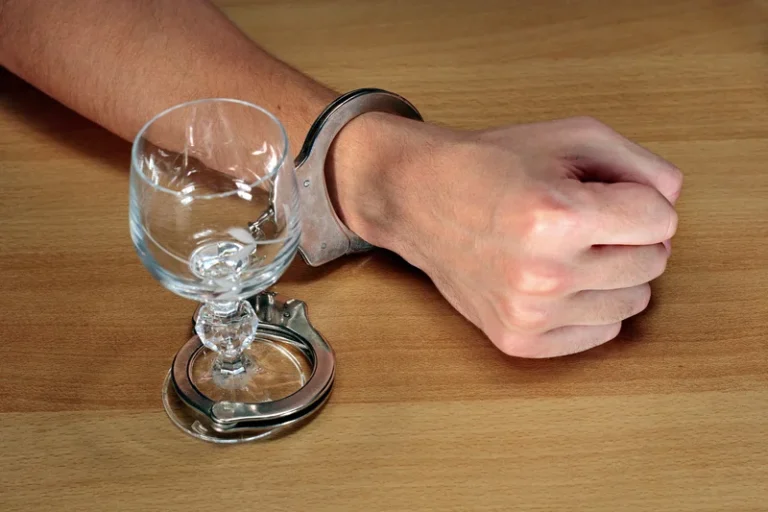- Email: info@techmatron.co.uk
- Phone: +44 208 1290 964

A slip does not have to spiral into a relapse if it is addressed promptly and used as a learning experience to strengthen one’s recovery plan. On the other hand, a relapse signifies a more significant setback where https://ecosoberhouse.com/ an individual abandons their recovery plan and returns to their addictive behaviors for an extended period. Be honest about your feelings – the fastest way to resolve a craving is to tell someone about it.

By definition, those who want to leave drug addiction behind must navigate new and unfamiliar paths and, often, burnish work and other life skills. As people progress through the stages of relapse, they exhibit various warning signs. By recognizing warning signs that you or a loved one may be headed for relapse, you can take steps to prevent it from occurring. Whether or not you relapse is closely tied to your sense of self-efficacy. Whether you decide to enter intensive drug treatment, or you implement an outpatient care plan, you need to be prepared for struggle and discomfort.

More importantly, you can regain your sobriety and continue your path to recovery. A relapse (“lapse,” “slip,” “setback”) is one of the most frustrating, humiliating experiences you can face in recovery from any problem habit. It leaves you feeling guilty, ashamed and tempted to throw in the towel and just keep acting out on the addiction. According to the National Institute on Drug Abuse, 40 to 60 percent of people who go through addiction treatment programs go on to slip at least once.
But sometimes triggers can’t be avoided—you accidentally encounter someone or pass a place where you once used. Moreover, the brain is capable of awakening memories of drug use on its own. The causes of substance dependence are rarely obvious to users themselves. Addiction recovery is most of all a process of learning about oneself. A better understanding of one’s motives, one’s vulnerabilities, and one’s strengths helps to overcome addiction.
It simply means you are going through the process of recovery. Get professional help, and care for yourself during your recovery. The more committed you are to the process, the more likely you’ll be to succeed. Think about triggers, emotions, or events that led you to relapse.

Being honest about your relapse among your peers is the best way to deal with it. Attending meetings and receiving help from your support network will facilitate what to do after a relapse getting you back on track. Getting and staying sober is very challenging, but with the right support network and tools, it’s completely attainable.
It is worth noting that while relapse is part of recovery for some people, it can still represent a risk for people who use more potent drugs like opioids. When a person stops using substances, their tolerance decreases. A relapse can be a one-off event or even a short-term situation, but it is a part of your recovery. Most, if not all, people who have relapsed will say that during each relapse they learn something about themselves. Each time you come back to active recovery, you implement what you have learned to continue on your recovery journey. The term abstinence refers to a situation when you have decided to refrain from all substances as part of your recovery journey.

Identify important past events that gave rise to negative beliefs about yourself. Recognize that cravings are inevitable and do not mean that a person is doing something wrong. • Unpleasant feelings including hunger, anger, loneliness, and fatigue. Instead of sitting down with some self-help books, you would be better off doing whatever you can to distract yourself. I remember this from my former therapist who told me, during the months of my severe breakdown, to do mindless things … like word puzzles and reading trashy novels. Recently, I’ve been going to Navy football games, which does take my mind off of my thoughts for a few hours on Saturdays.